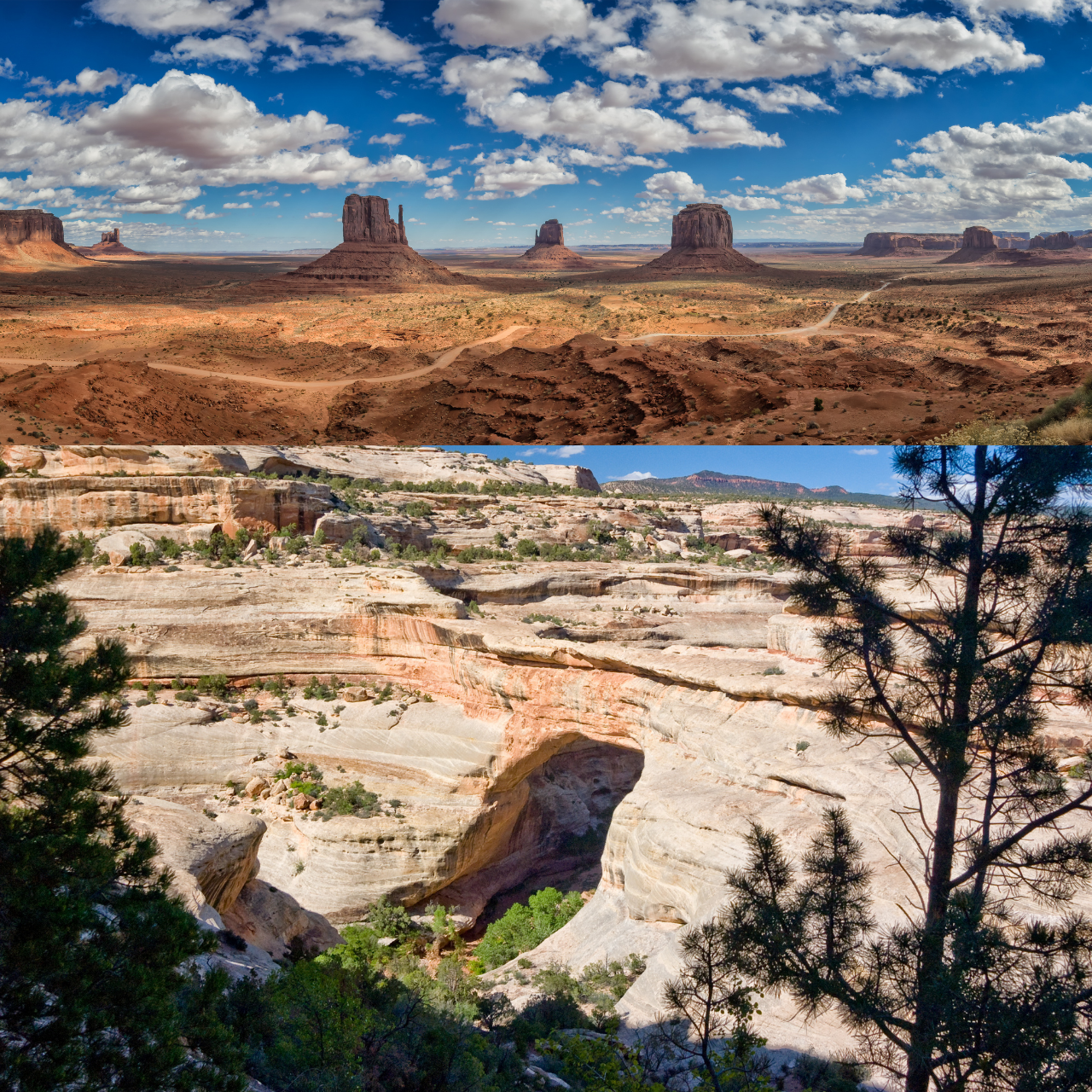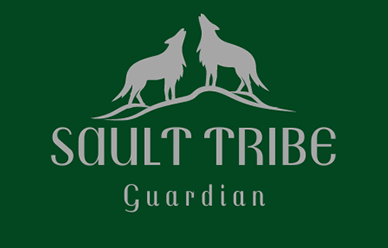April 11 2025.
WASHINGTON, D.C. — The National Congress of American Indians (NCAI) stands in unwavering solidarity with Tribal Nations across Indian Country as national monuments, including indispensable culturally and spiritually significant sites, face renewed threats of revocation and degradation. Tribal Nations over centuries have been forced to defend their sacred homelands from desecration, inappropriately placed resource extraction, vandalism and looting, and management practices that threaten Tribal history and places that are embedded in Native cultures. The recent weakening of the infrastructure of the public lands management agencies, funding freezes that have stalled conservation efforts across public lands, and menacing references to privatization impact the well-being of our communities and threaten the inherent rights of Tribal Nations to steward and protect their ancestral lands, cultural resources, and sacred sites for future generations.
“National monuments are an essential tool for preserving the living homelands for Tribal Nations — not just federally designated and protected locations,” said NCAI President Mark Macarro. “They preserve vibrant landscapes with interconnected cultural, natural, and spiritual significance — not just museums exhibiting what was. These places carry the songs, the stories, the ancestors, and the spirit of our people. Any move to erase those protections is a direct affront to the sovereignty, heritage, and spiritual life-ways of the Tribal Nations who fought for their designation.”
National Monuments like Chuckwalla, Bears Ears, Grand Staircase-Escalante, Sàttitla Highlands, and others were designated in close federal consultation with Tribal Nations, honoring generations of stewardship and resistance. Culture and land are directly and sacredly connected for Tribal Nations across the United States. They are home to ceremonial spaces, shrines and other sites of worship, medicinal plants and resources, ancestral villages, petroglyphs, and ancient burial grounds — all of which remain vital to the cultural resilience of Native peoples.
“Attempting to strip protections from these monuments sends a dangerous signal that Indigenous history and presence can be erased at the stroke of a pen,” said NCAI Executive Director Larry Wright, Jr. “These lands are sacred trust spaces, and protecting them is not just a matter of policy; it’s a matter of spiritual and cultural survival.”
NCAI brings this position forward not as an outside observer, but as the organized voice of Tribal Nations themselves. Every statement we make is grounded in resolutions that are debated, refined, and adopted by Tribal delegates during national gatherings. These resolutions emerge from sovereign governments, are brought to the floor by Tribal leaders, and are voted on by representatives chosen by their Nations. This is how the defense of Bears Ears, Grand Staircase-Escalante, and other sacred sites entered the national record, not through backroom negotiations but through open deliberation guided by cultural and historic responsibility. The authority we carry reflects the governance of hundreds of Tribal Nations standing together to protect what is living and sacred. The restoration of Bears Ears and the return of the name Denali were not granted; they were hard-won outcomes of sustained Tribal advocacy, made possible through this collective structure.
The 2015 restoration of the original Koyukon Athabaskan name of our nation’s high mountain, Denali, which means “The High One,” illustrates the importance of honoring Indigenous place names and cultural ties to the land and these places. Denali has life and agency; it is not just a name. Despite deeply held cultural beliefs and broad support, it faced political pushback, revealing how even symbolic recognition of tribal heritage can be ignored and contested. As sacred sites and traditional cultural properties face new threats, we must reaffirm that protecting these lands also means respecting the names, stories, and sovereignty they carry.
NCAI calls on the Administration and Congress to uphold the sovereignty of Tribal Nations by protecting these sacred lands. The intent of the Antiquities Act must be honored, not undermined. These protections were not handed down; they were secured through years of intertribal advocacy and federal-tribal consultation. Rolling them back is not just a policy reversal. It is a denial of Tribal presence, knowledge, and responsibility. It is a threat to the cultural and spiritual survival of our Peoples.
On April 7, 2025, NCAI, Tribal Nations, and the Mojave Elder Committee sent President Trump and Department of the Interior Secretary Burgum a letter regarding Chuckwalla National Monument's status as a national monument and related protections.
NCAI Statement released April 9 2025.
Editorial Note: While we support the NCAI Statement Sault Tribe Guardian does not support the use of the term "American Indian" . Our view is that in truth and spirit we are First Nations Tribal Citizens.

Job Opening PT or FT; Now hiring Account Executives and Interns for Native American Broadcasting Company. Send your resume in the body of an email sent to hr@redhawk.tv to request a job description and employment application. Remote work for self motivated out-going individuals. Training provided if needed for qualified Candidates. Flexible Hours. Work from home or in the Mancos Colorado Office.

